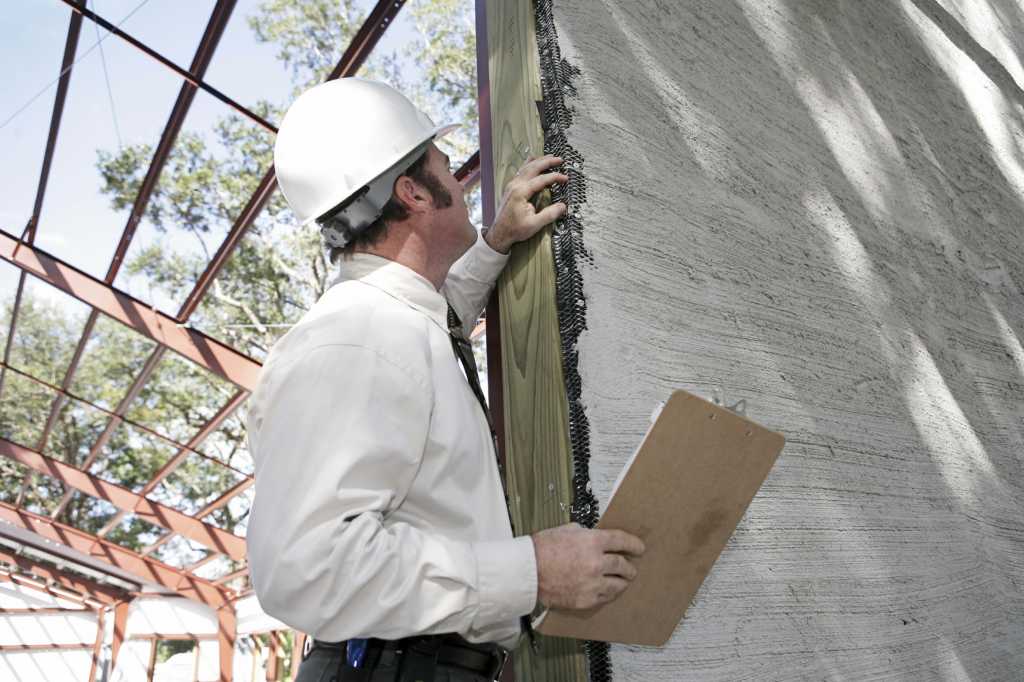Everything you need to know about Fire Risk Assessments
As a business owner or employer, you’re responsible for the safety of all your staff members. This relates to all areas of your business – including fire safety.
According to the Regulatory Reform (Fire Safety Order) 2005, the owner, landlord or occupier of the business premises is responsible for ensuring regular fire risk assessments are carried out and reviewed. If you don’t you could face an unlimited fine or even time behind bars.
To make sure you’re not caught out, our team at Cheshire Fire has put together a handy guide outlining everything you need to know about fire risk assessments.

What should a fire risk assessment include?
A fire risk assessment should concentrate on both the potential fire hazards your business poses, as well as the risk to the people working there.
Fires can be started in a whole host of ways so it’s important to identify what the main risks are to your company. This includes investigating the source of ignition which could be gas, oil, electrical equipment and more as well as recognising what could fuel a fire like paper, wood, rubber, and adhesives. These things are likely to pose a different level of risk to every business so assess what is the biggest threat to you. The presence of oxygen should also be reviewed, taking particular care to note where it is located as a gas in cylinders and pipes.
As well as causing damage to your premises, the main concern of a fire is, of course, that it endangers human life. Your risk assessment needs to assess how many people are on your premises including staff members, contractors and visitors. You need to ensure that escape routes are easily accessible for everyone on the property and make note of any additional risks.
Once these risks have been identified, they need to be reduced or removed as soon as possible.
A written record of all your findings from the risk assessment must be available for the local fire authority, should they carry out an inspection. This record should include details of people who may be more vulnerable (such as children or disabled people), information regarding the company’s emergency plan and fire safety instructions and training that staff can refer to.
How often should a fire risk assessment be done?
There are no specific time frames in which you need to do fire risk assessments. Legally speaking, the law states that fire risk assessments must be ‘regularly’ updated. How regularly these updates occur is down to you, but it’s recommended that you do one if there have been any major changes to the premises or if a fire has recently broken out.
Additionally, if the number of staff members dramatically increases or decreases, it is worth performing one to ensure all of your procedures are still appropriate.
What should an emergency plan include?
The emergency plan is arguably the most integral part of any risk assessment. If the worst happens and a fire does break out, then everyone in the business needs to know how to respond.
An emergency plan should include:
- Information on how to safely leave the premises (including the location of fire exits)
- Detection and warning systems (fire alarms, emergency lighting etc)
- Devices to fight the fire such as sprinklers and fire extinguishers
- Consider your staff and ensure they’re aware of evacuation procedures, assembly points and responsibilities if they have them
What happens if you don’t have a fire risk assessment?
Fire risk assessments are not a choice – they’re mandatory when you’re running a business. If you don’t have one in place you run the risk of unlimited fines, a prison sentence and you’re risking the lives of your staff.
Local authorities can conduct inspections and fire risk assessment at any time. They may inform you of measures that you need to implement to ensure the building is safe. You must do this prior to their next visit or risk a fine.
Fire extinguishers in risk assessments
Fire extinguishers are a fundamental part of fire safety and should feature prominently in your fire risk assessment.
They should be maintained regularly, and are likely to be inspected annually by the British Standards for fire extinguishers. If you require replacement fire extinguishers, then Cheshire Fire can supply extinguishers that are appropriate for fires of all types. As well as this, we offer a full maintenance service that will ensure your safety.
For more information on Cheshire Fire, and how we can help you with fire risk assessments, safety training and more get in touch with the team today.
